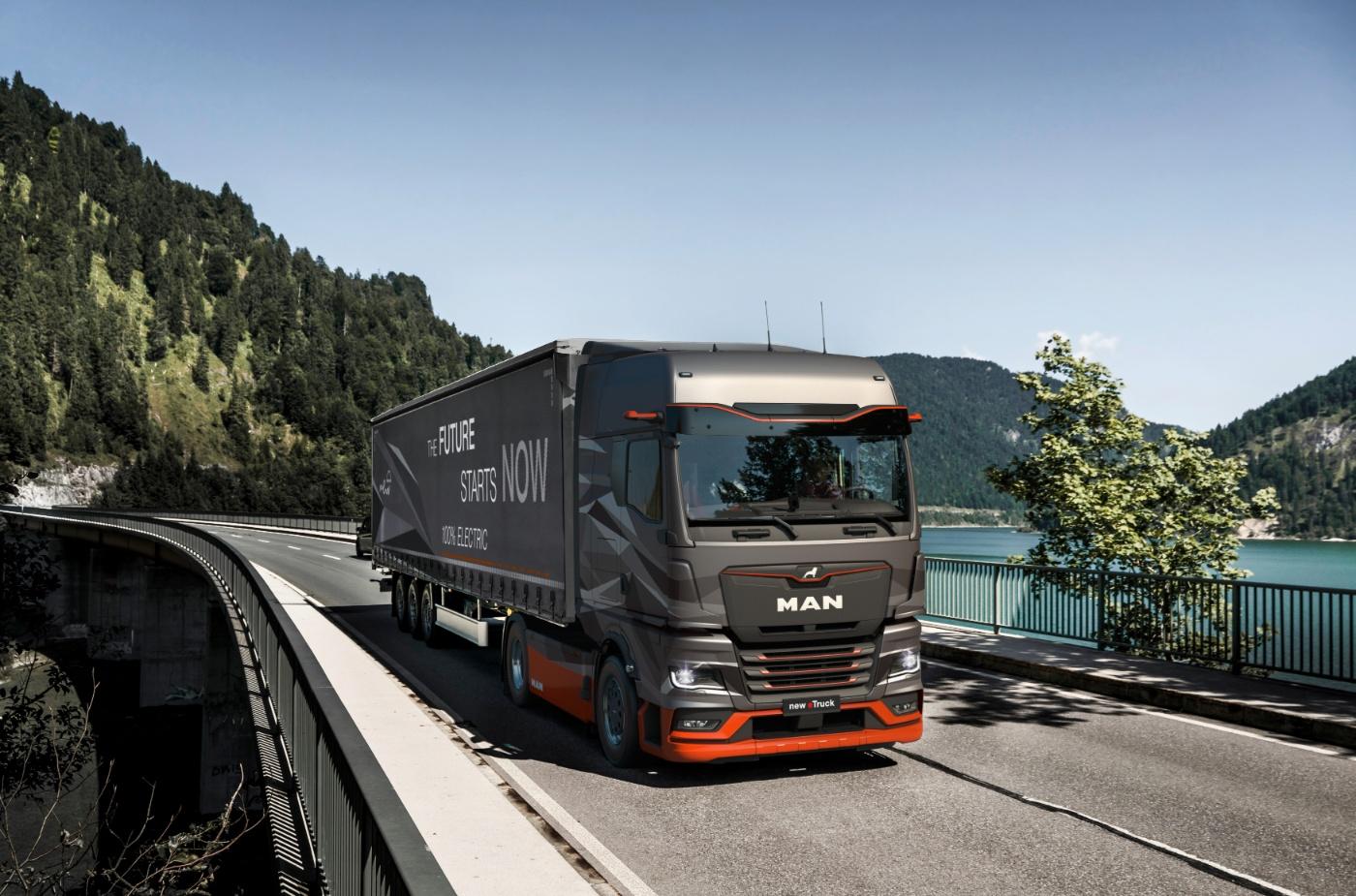







Weekly update
Electric cars, the Porsche Macan, BMW, Apple, and other related topics.
Post from 26.01.2024: Urban Mobility Readiness Index Report, Electric Vehicle Statistics, CO2 Limits, World Premiere of the all-electric Porsche Macan, BMW, Hyundai, Stellantis, Audi, Apple
- IAA MOBILITY Weekly
- Electric cars, the Porsche Macan, BMW, Apple, and other related topics.

This week's news for the fourth week of 2024 include the release of the Urban Mobility Readiness Index Report results, the world debut of the new all-electric Porsche Macan, electric car statistics for 2023, humanoid robots in production, a new electric platform, and an innovative solid-state battery.
This week's news for the fourth week of 2024 include the release of the Urban Mobility Readiness Index Report results, the world debut of the new all-electric Porsche Macan, electric car statistics for 2023, humanoid robots in production, a new electric platform, and an innovative solid-state battery.
- 1. Helsinki, Stockholm, and Amsterdam are global leaders in sustainable mobility
- 2. Electric cars surge in popularity
- 3.EU sets ambitious CO2 targets for commercial vehicles
- 4. World premiere of the all-electric Porsche Macan
- 5. Iveco and BASF sign recycling agreement for electric commercial vehicle batteries
- 6. BMW experiments with humanoid robots in manufacturing
- 7. Hyundai and Kia aims to increase range through active aerodynamics
- 8.Stellantis unveils details of the STLA Large electric platform
- 9. Harvard researchers develop innovative Solid-State battery
- 10. Audi triumphs in Dakar Rally with electric drive
- 11. Study: electric cars more reliable in extreme cold
- 12. Additional short news on MAN Truck & Bus + Apple
The Urban Mobility Readiness Index Report, released this week by the University of California Berkeley and strategy consultancy Oliver Wyman, assesses how well major cities manage traffic in a sustainable fashion and meet the demands of sustainable mobility. Helsinki, Amsterdam, and Stockholm take the top three spots. Helsinki is particularly commended for significant investments in charging infrastructure, advanced cycling infrastructure, and a public transportation network that includes new projects for light rail and trams. Amsterdam, known as the world's cycling capital, also excels with its highly efficient mobility network, which relies on traffic management systems and a dense infrastructure of charging stations for electric vehicles. Stockholm ranks third, thanks to affordable ticket prices, a high density of public transport stations, and short travel times. Munich and Berlin, two German metropolises, are also in the top 10. Munich stands out for its robust multimodal infrastructure, car-free zones, and well-maintained roads. Berlin makes it to the top 10 with its pedestrian-friendly infrastructure, accessibility, and a wide range of multimodal transportation options. Other cities in the top 10 for sustainable cities include San Francisco, Singapore, Zurich, Paris, and Copenhagen.
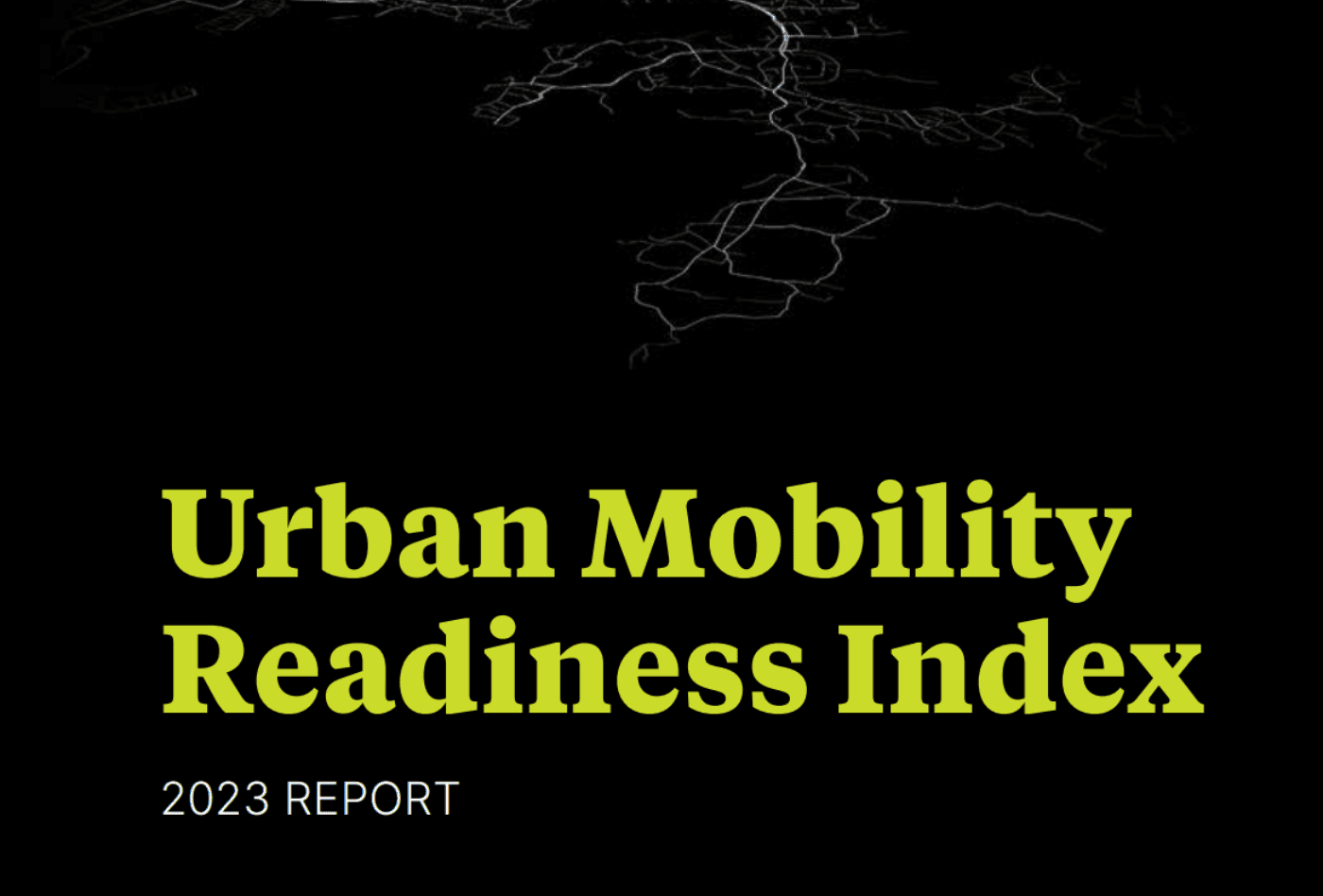

2023 was a historic year for the automotive industry in the European Union. For the first time, the registration number of electric cars exceeded the one for diesel cars. This development is highlighted in recent statistics from ACEA. According to the data, 1,538,621 battery-electric vehicles were registered in the EU, representing a 37% increase from the previous year. China has reaffirmed its position as the largest electric car market globally, accounting for 57% of global electric car sales in 2023, as reported by CAM. Of the 9 million electric cars sold worldwide, 5.1 million were in China. Europe and the USA followed, with approximately two million and 1.2 million electric cars sold, respectively. The rapid expansion of charging infrastructure is becoming increasingly important in Europe and the USA. This week, the US allocated $150 million for upgrading existing charging infrastructures. These funds are part of a new subprogram of the Federal Highway Administration (FHWA) and aim to repair, replace, or upgrade nearly 4,500 existing electric vehicle charging connectors.


The European Union is determined to significantly reduce CO2 emissions in heavy-duty transport. Negotiators from the European Parliament and member states have agreed on legislation that aims to cut emissions from heavy commercial vehicles by 45% for 2030-2034, 65% for 2035-2039, and 90% from 2040 onwards, compared to 2019 levels. These regulations will apply to nearly all heavy commercial vehicles, including work vehicles such as garbage trucks or concrete mixers starting in 2035, as well as city buses, long-distance buses, and trailers. Specific emission reduction targets will also be set for trailers (7.5%) and semi-trailers (10%) beginning in 2030. New city buses must reduce emissions by 90% starting in 2030, and all new city buses by 2035. Exempt from the new rules, for now, are small-scale manufacturers and vehicles used in mining, forestry, agriculture, disaster relief, public order, medical care, firefighting, and by the military. The EU Commission plans to review the effectiveness and impact of this regulation in three years.


Porsche celebrated the global debut of the new all-electric Macan in Singapore, aiming to introduce the sportiest model in its segment to the market. The new Macan is set to offer a powerful drive of up to 470 kW (639 HP) and features a 100 kWh battery enabling high-performance fast charging up to 270 kW and a range of up to 613 kilometers. Porsche is launching the new E-Macan in two versions – the Macan 4 and the Macan Turbo. The Macan 4 is designed to accelerate from 0 to 100 km/h in just 5.2 seconds, while the Macan Turbo accomplishes the same in just 3.3 seconds. The top speeds are expected to be 220 km/h and 260 km/h, respectively. The Porsche Macan is the brand's second all-electric vehicle. For its first all-electric car, the Taycan, the facelift is set for release in spring of 2024.
.png&w=3840&q=75)

The Iveco Group has partnered with the chemical company BASF to develop a sustainable solution for recycling lithium-ion batteries from their electric vans, buses, and trucks. BASF is set to manage the entire recycling process for the lithium-ion batteries used in Iveco Group's electric vehicles.
The agreement includes the collection, packaging, transportation, and recycling of batteries across various European countries, including France, Germany, and the United Kingdom. After collection, BASF plans to mechanically process the batteries into 'black mass,' from which key raw materials such as nickel, cobalt, and lithium can be extracted and reclaimed to produce new batteries.
BASF has recently constructed a battery material production and battery recycling facility in Schwarzheide, Germany. This facility is intended to serve the entire battery recycling value chain. Through this, BASF aims to establish the complete battery recycling value chain in Europe, providing the battery industry with recycled metals that have a lower CO2 footprint locally.
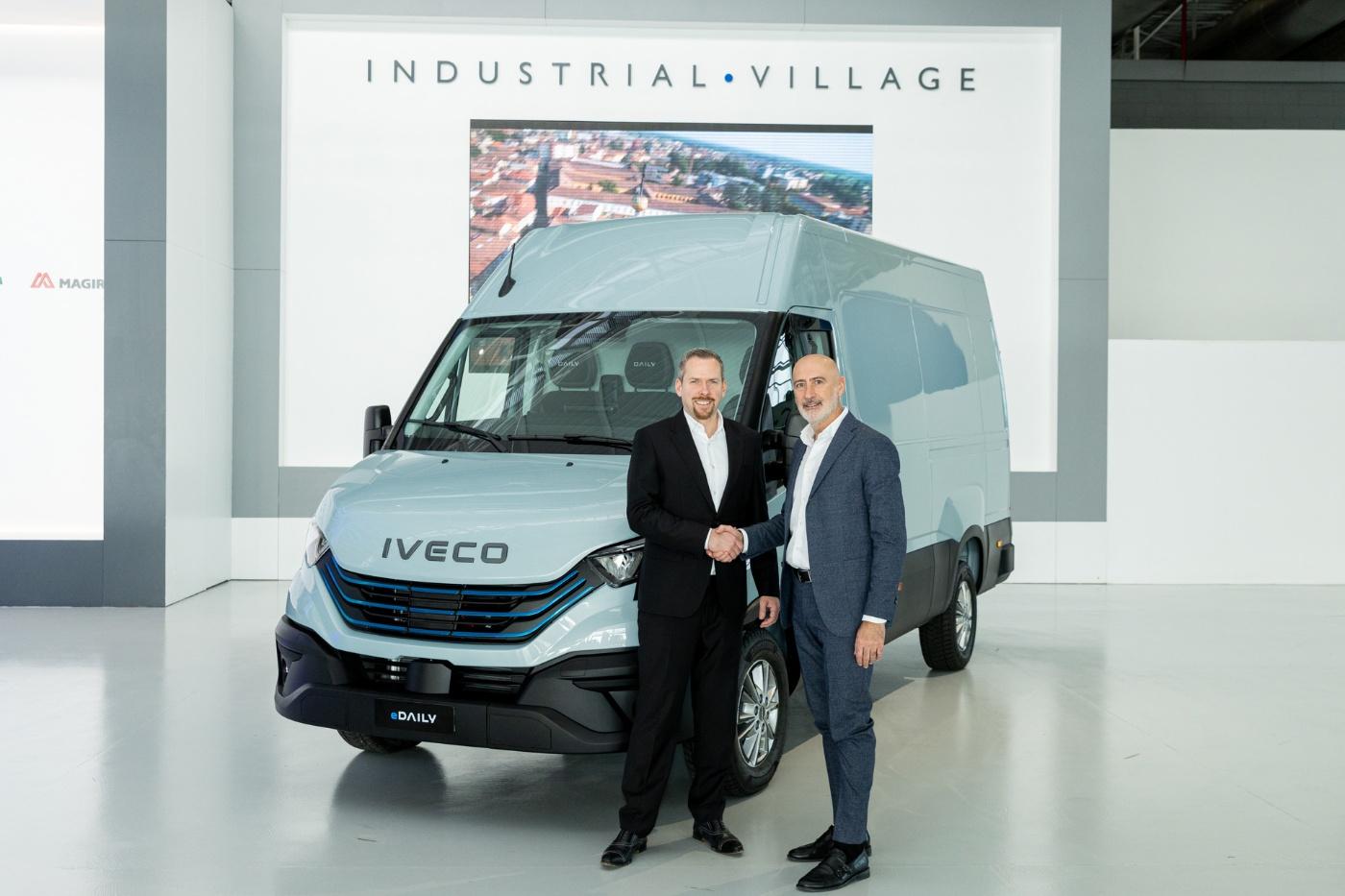

BMW is embracing the trend of advanced automation and plans to use humanoid AI robots in one of its U.S. factories. The company has entered into an agreement with the U.S. startup Figure 01 to explore in which way the humanoid robot, also named Figure 01, can be integrated into automotive manufacturing. The robots developed by Figure 01 are designed to perform a range of tasks that are either too strenuous or unsafe for human workers. The Figure 01 robot, standing at 1.80 meters tall, can carry more than 20 kilograms, stand for five hours on a full charge, and move at speeds of up to 4.3 km/h.
The collaboration's initial phase will determine how Figure 01 or future versions can be effectively utilized in car production, identifying specific use cases. Once this is established, the robot will be readied for deployment in the second phase. Both companies aim to work together to continuously improve in areas such as artificial intelligence, robot control, manufacturing virtualization, and robot integration. The plan is to gradually implement the robot in BMW's manufacturing facility in Spartanburg, USA.


Hyundai and Kia have introduced a new technology called "Active Air Skirt" (AAS) designed to control air resistance at high speeds, thereby enhancing the range and driving stability of electric cars. AAS is intended to be installed between the front bumper and the front wheels of the vehicle, activating at speeds over 80 km/h. Initial test drives have shown that this technology can reduce the drag coefficient by 2.8 percent, potentially improving the range by approximately six kilometers.
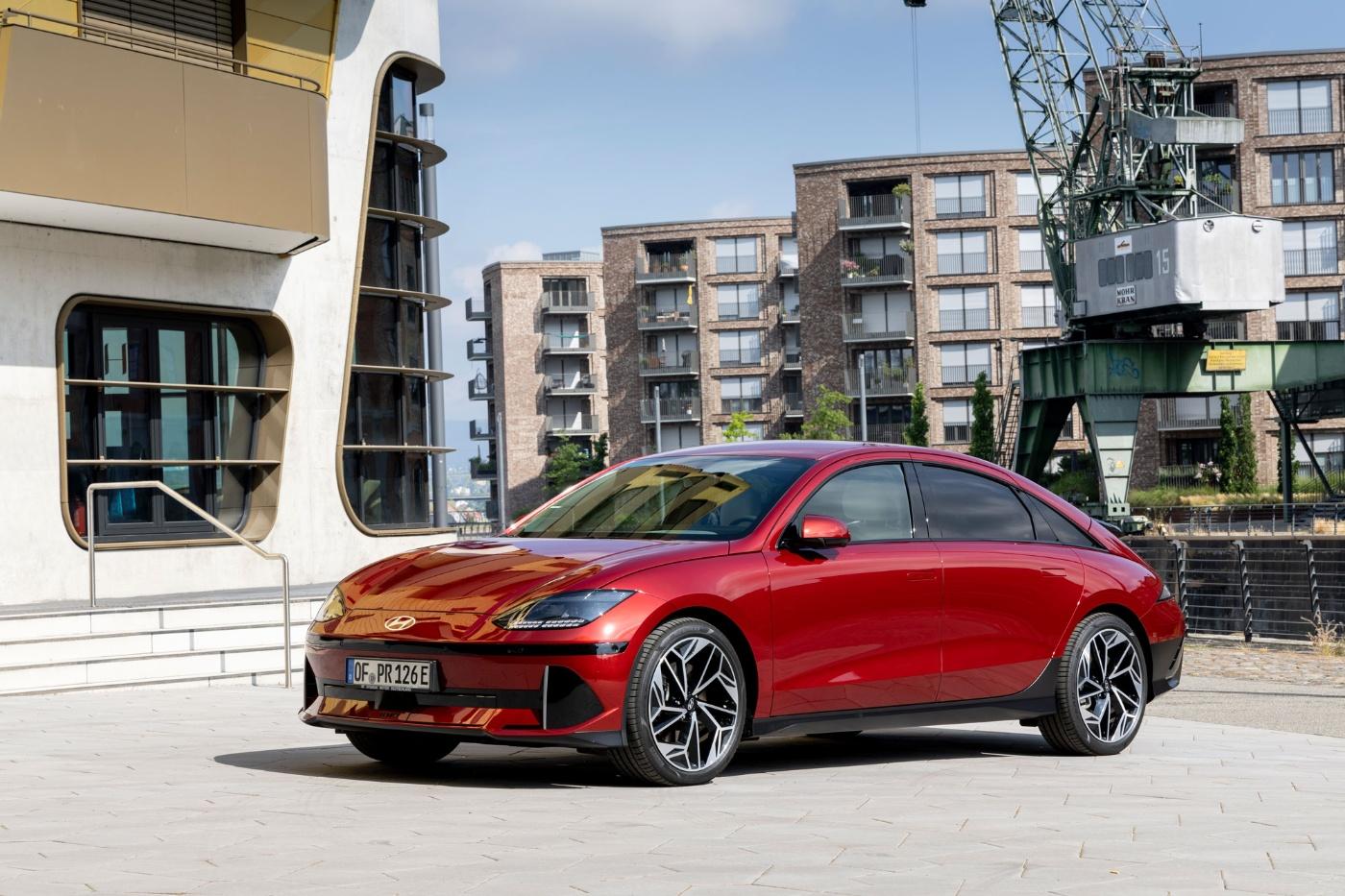

Stellantis has unveiled its new electric platform, STLA Large, designed to serve upper mid-size and luxury vehicles. It is capable of housing battery capacities ranging from 85 to 118 kWh, which translates to a maximum range of up to 800 kilometers for sedans. The platform supports both, 400-volt and 800-volt architectures, enabling extreme fast charging times of up to 4.5 kWh/min. Versatility is a key feature of this platform; according to Stellantis, it accommodates front-wheel drive, rear-wheel drive, and all-wheel drive systems. Moreover, the platform is not limited to electric vehicles but is also compatible with hybrid and combustion engines. The STLA platforms are to be produced in various factories across Europe and North America.
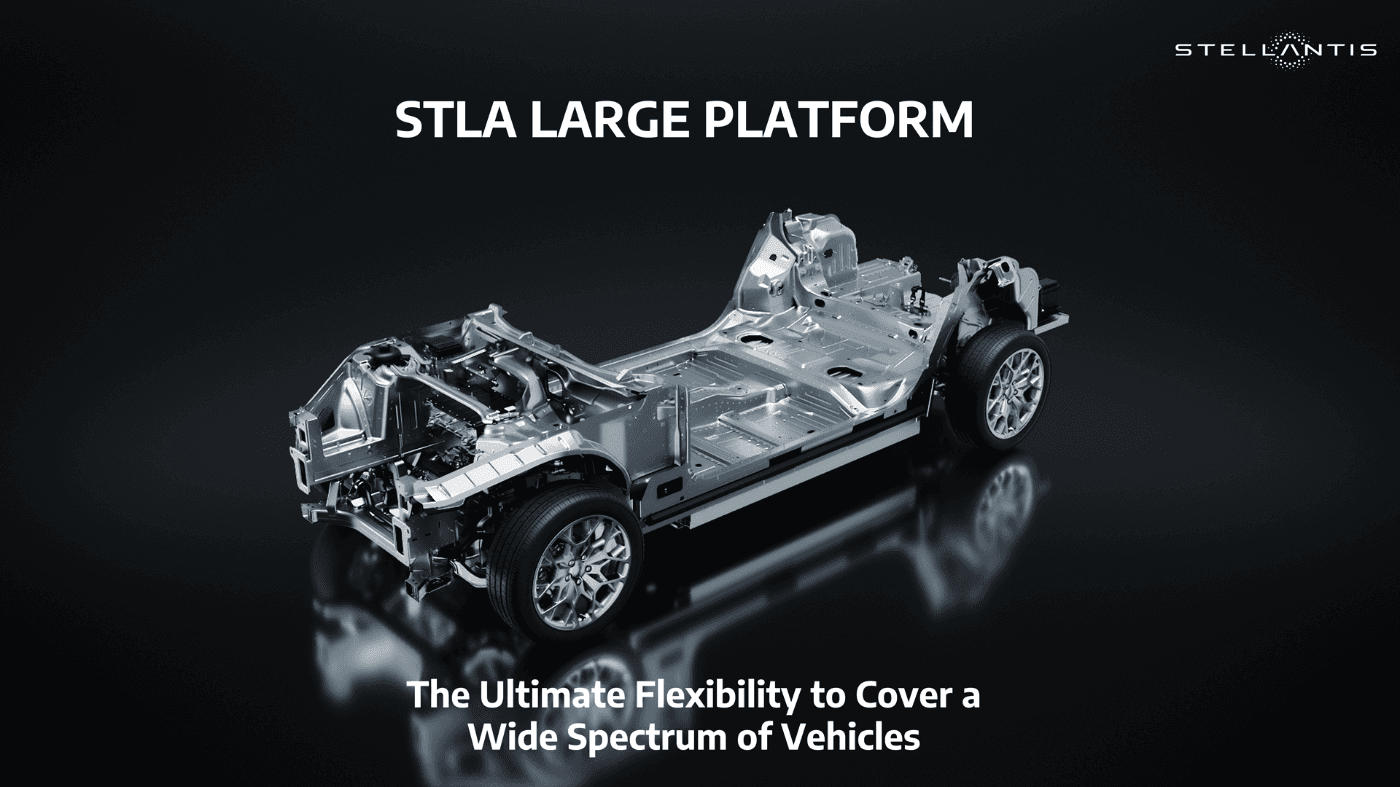

Researchers at Harvard University have developed a solid-state battery capable of up to 6,000 charging cycles and a rapid charge time of just 10 minutes. Unlike conventional lithium-ion batteries that use a liquid electrolyte, this solid-state battery features a solid electrolyte, enabling higher energy density, stability, and range. The solid-state battery with lithium-metal anodes developed by the researchers is said to provide ten times the capacity of standard graphite anodes used in conventional batteries.


Audi has achieved a historic victory in the Dakar Rally, winning the world's toughest desert rally with the electrically powered RS Q e-tron. This marks the first time a prototype with an electric drive, high-voltage battery, and energy converter has triumphed in the event. Spanish duo Carlos Sainz and Lucas Cruz secured the win for Audi after covering approximately 7,900 kilometers.


A study by Viking, a Norwegian roadside assistance service, suggests that electric cars are more reliable than combustion engine vehicles in extreme cold. Despite higher energy demands in winter for heating and battery operation, electric vehicles are less likely to have starting problems. In Norway, where electric cars already have a significant market share, only 13 percent of reported starting issues involved electric vehicles, even though they make up 23 percent of the total vehicles. The remaining 87 percent of starting problems were with fossil fuel-driven cars, which account for 77 percent of all vehicles. Therefore, electric cars are about half as likely to experience issues in cold conditions compared to traditional combustion engine vehicles. This analysis was based on approximately 34,000 roadside assistance calls received in the first nine days of 2024.
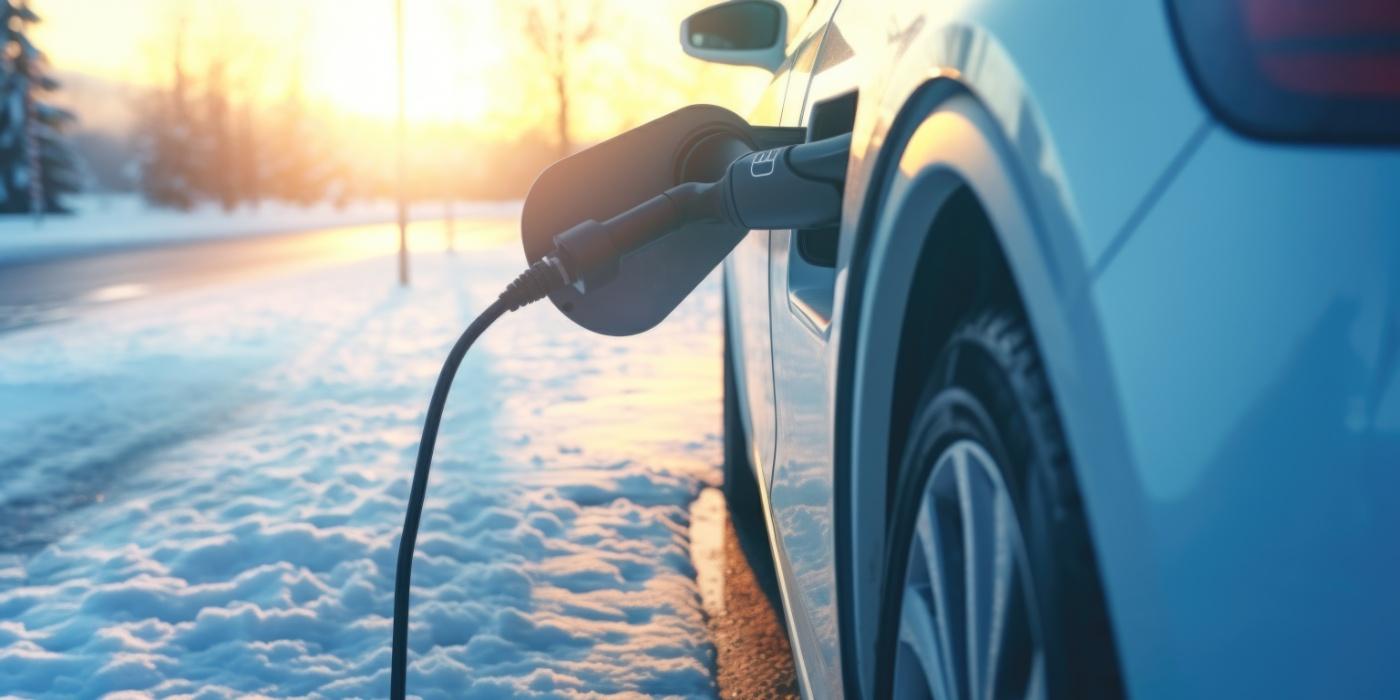

Just three months after its launch, the first models of the MAN eTruck are nearly sold out, with only a few vehicles remaining. The commercial vehicle manufacturer has received 700 orders and inquiries for the eTruck, available in the eTGX and eTGS variants.
Apple has revised its plans for its fully autonomous car, now pursuing a simpler project slated for 2028. Instead of the originally targeted Level 4 autonomous driving, the vehicle will now offer Level 2+ autonomous driving.
